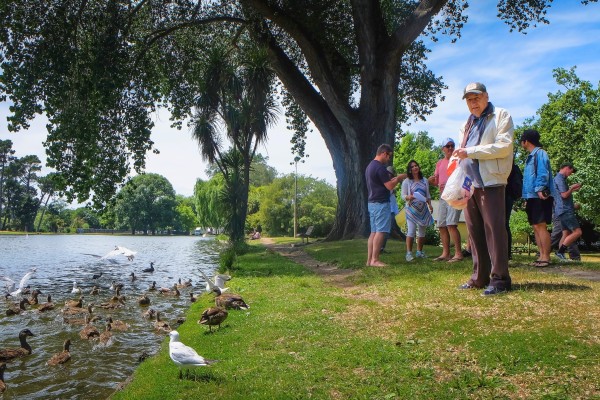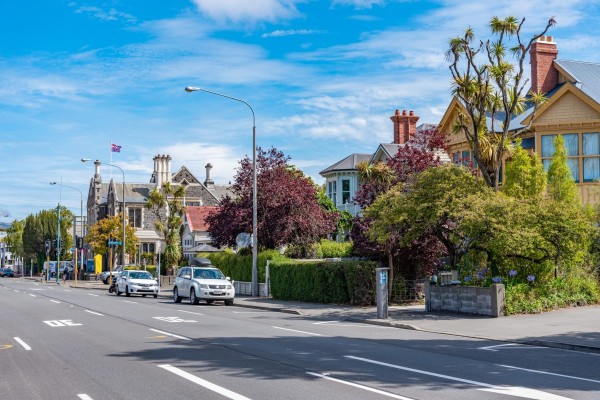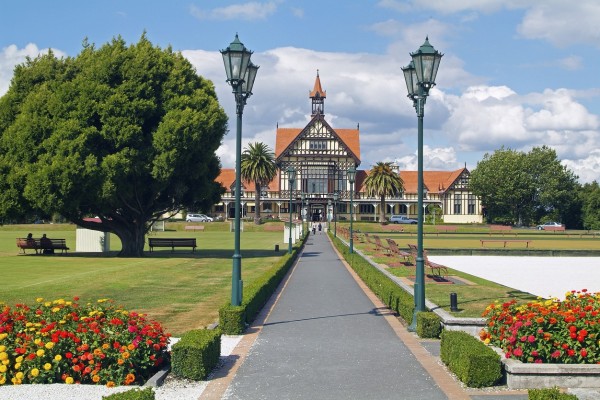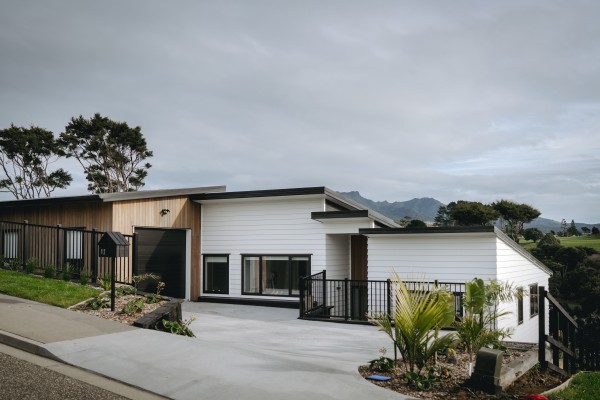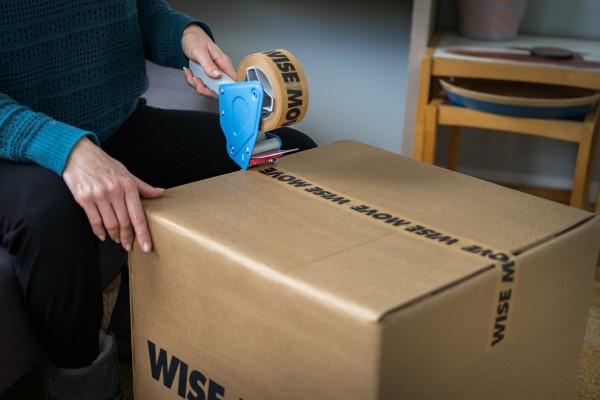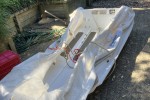The Cost of Living in Christchurch [2025]

![The Cost of Living in Christchurch [2025] The Cost of Living in Christchurch [2025]](https://cdn.wisemove.co.nz/image/blog/ada43c28fe5d9109ae19d73d2ed6b7ad.jpeg)
Christchurch has gone through extensive changes since a devastating earthquake destroyed much of the city in 2011. The city has rebuilt itself slowly but surely into an even more vibrant yet laid-back place to live.
Before moving to the south island’s biggest city, the cost of living in Christchurch is something you should factor into your budget.
Reasons to move to Christchurch
Christchurch is the gateway to New Zealand’s south island, and for a good reason. The city is just a few hours from Marlborough, Central Otago and the McKenzie Country.
As New Zealand’s second-largest city, Christchurch is home to 392,100 residents, yet the city is much more affordable than other New Zealand cities like Wellington, Hamilton and Tauranga.
This is because Christchurch is a large, sprawling city and is unrestricted geographically in its growth. The post-quake rebuild has also helped keep the cost of owning property and rental prices down.
Salaries in Christchurch
In Christchurch, the average income is $70,000, per annum, slightly below the average pay for New Zealand salaries.
What’s different about Christchurch?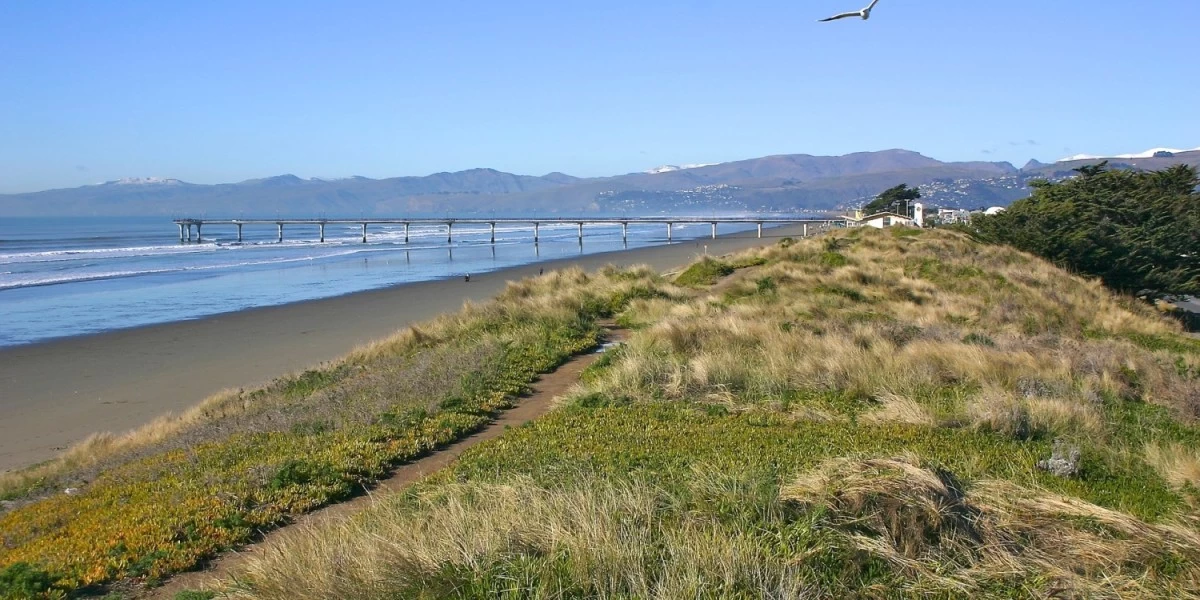
The job market
As of 2024, Christchurch's employment landscape has evolved significantly. While the post-earthquake rebuild saw a boom in the construction industry, some of this growth has now died down and the city has seen growth in other areas. According to the Christchurch City Council the following sectors employ the most people:
Health Care and Social Assistance: This sector employs around 31,900 healthcare workers, making it the largest employment sector in the city.
Retail Trade: Around 23,300 people work in retail - a vital part of Christchurch's economy.
Manufacturing: With 22,100 employees, manufacturing is a key industry for the city.
Professional, Scientific, and Technical Services: This sector employs about 21,800 residents, reflecting the city's growing investment in innovation and technology.
Higher education
Christchurch is also a great place to study. The University of Canterbury, Lincoln University and the University of Otago - Christchurch Campus are all located in or near the city. The price of living is around 30% cheaper for students than in Wellington or Auckland.
Christchurch is a nature lovers' paradise. Known as the Garden City, Hagley Park sits in the centre of the city, which is boarded by hills to the south, beaches and great surf to the east and the mountains and snow are just an hour's drive inland. Surfing, skiing, windsurfing, mountain biking, hiking and rock climbing are easily accessible in or close to the city.
Cost of living in Christchurch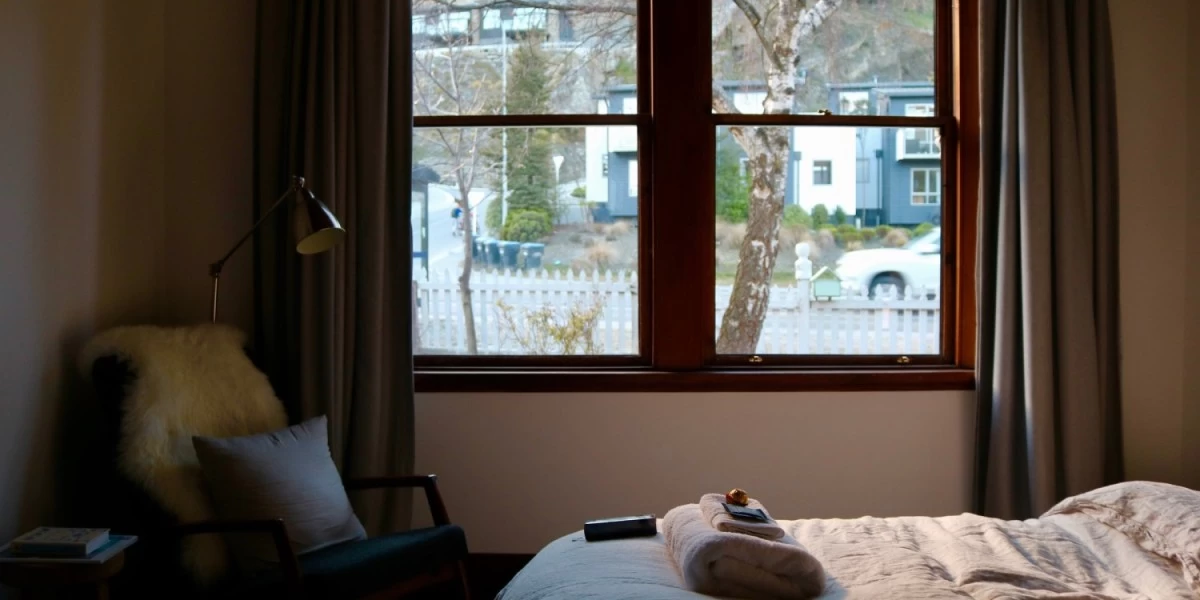
Christchurch is one of the few cities in New Zealand that has managed to keep up with housing demand. Rents and housing have been rising at a much slower rate than the rest of the country. While accommodation will be your most significant expense, expect to pay a lot less than in Auckland or Wellington.
For Renters
Townhouses are becoming a popular choice for renters in Christchurch due to being an excellent low-maintenance investment.
As of June 2024, Christchurch's rental market reflects the following trends:
- Median Weekly Rent: The median rent across all residential property types is $550 per week.
- Apartments: The median weekly rent for apartments has reached $540, marking an 8% year-on-year increase.
- 1-2 Bedroom Houses: The average rent stands at $520 per week, a 4% rise from the previous year.
- 3-4 Bedroom Houses: The average rent is approximately $550 per week.
Popular suburbs for renting in Christchurch include:
- Christchurch CBD
- Edgeware
- St Albans
- Merivale
- Papanui
- Shirley
- Riccarton
- Ilam (for UC students)
- Upper Riccarton (for UC students)
If you are looking to rent a room, check out the following sites for flatmate-wanted ads:
- Trade Me Flatmate Wanted listings
- Facebook pages such as Christchurch Flatmates Wanted and Christchurch Rentals & Flatmates.
Buying in Christchurch
According to CoreLogic, the average price of a property in Christchurch was $765,011 - lower than the New Zealand median of $928,623. Christchurch property prices rose 1.12% in the three months before July 2024 and overall were up 2.94% for the year.
If you're looking to buy, rent or invest in Christchurch in 2024:
- In 2024, property prices are undervalued by 6.88%, up from a low of 22.85%.
- Scarborough is the most expensive suburb, with an average house value of $1,835,750.
- Phillipstown is the most affordable suburb, with an average house value of $456,100.
- Aranui has the fastest-growing house prices, up 4.66% over the past two years.
- Governors Bay has the fastest-falling house prices, down 5.09% over the past two years.
- Christchurch's median rent has gone up $123 a week or 6.70% a year over the past four years.
- The average home in Christhchurch is selling for 3% more than its capital value (CV).
- Over the last 12 months, rents have gone up. They are up 7.60% ($38 a week) year on year.
Christchurch neighbourhoods of interest
Christchurch comprises 27 inner suburbs situated close to the town centre and 61 suburbs further away from the town. Here are some popular inner-city suburbs. To give you an idea of how much rent costs from suburb to suburb, we've published the median rent in each suburb:
Christchurch Central
The central city has many new areas attracting renters back into living between the four avenues that make up the city centre. The area around Latimer Square and Hereford Street has experienced a lot of rebuilding over the past few years. For those looking for a townhouse to rent, the city centre has plenty of options. Across the river, Kilmore Street to Bealey Avenue has plenty of rental options.
The average rent in the central city is $490-$550.
Fendalton
Fendalton is one of Christchurch’s most exclusive and expensive neighbourhoods. Situated close to Hagley Park, the houses are large, and the streets are leafy.
Fendalton is largely made up of large family homes with few apartments or townhouses, although there are some rental opportunities. The average rent in Fendalton is $645-$754.
St Albans/Edgeware/Merivale
St Albans, Edgeware and Merivale are all situated north of Bealey Avenue and are popular suburbs with renters. Merivale and Edgeware both have shopping centres, including supermarkets, general convenience stores, and food and takeaway shops.
These suburbs have a wide range of rentals, including apartments, townhouses, and single-storey detached homes. The average price of rent in this area is $450 and $630.
Sumner
Situated on the east coast of Christchurch, Sumner is a seaside suburb known for its beautiful beach and laid-back lifestyle.
Two-bedroom homes rent between $450 and $630 per week. Prepare to pay more for a home with a water view or located close to the Esplanade.
Riccarton
Riccarton is located west of the city centre and is well known for the Riccarton Westfield Mall, Sunday markets, small parks and local historical landmarks like Riccarton House. Riccarton is a popular suburb for renters as it’s close enough to drive or cycle to the city using the newly created cycleways.
The average rent for a home in Riccarton is $530-$620 per week.
Woolston
Woolston has undergone significant rehabilitation after the 2011 earthquake destroyed a lot of shops and businesses. Located southeast of the city centre, Woolston is a light industrial and residential suburb. Since the quake, shopping centres like The Tannery have brought new life to the area, and there are more bars, restaurants and townhouses in this area than before the earthquake.
Rents are slightly cheaper in Woolston than in other suburbs. The average rent for a two-bedroom home is $520-$590.
Things to do in Christchurch
Christchurch is a relatively cheap city to live in, with plenty of accessible and affordable options for enjoying life in the city.
Get Your Culture Fix
Explore the SALT district for your shopping and culture fix. Centred around St Asap, Lichfield and Tuam streets, this gritty, arty inner-city suburb is the heart of Christchurch’s art and innovation scene.
Check out these other great locations:
- Alice Cinema and Film Specialists - Catch a movie at the boutique cinemas or explore the film archives at the DVD rental library
- The Boxed Quarter - Explore art, music, cafes and eateries in this excellent creative space
- NZ Museum of Toys and Collectables - Explore collectables from the 1920s to today
- The Den - Explore this artist-run gallery space
Get Your Adrenaline Fix
Christchurch is brimming with outdoor activity options. Explore the Christchurch adrenaline forest, which features a high wire course and aerial obstacle course. Tickets cost $53 per adult, $35 per child and $46 per student.
Visit City Cycle Hire and Mountain Bike Adventure Co in Ferrymead and hire a mountain bike to explore the hills around Christchurch. Learn to surf at Stoke Surf and Skate School in Sumner or hire surfboards at New Brighton.
Christchurch regular events
The Great Kiwi Beer Festival - January 
Explore New Zealand’s best craft breweries in Hagley Park. With 40 craft breweries and more than 35 food options, there’s something for every beer lover to enjoy. Tickets start at $49.90.
Kathmandu Coast to Coast
Outdoor sports enthusiasts need to give the Coast to Coast a try. Cycle, kayak, and run the 243-kilometre course from the West Coast, over the Southern Alps, to the East Coast.
World Busker’s Festival
Support buskers from around the world every year at the annual World Busker’s Festival. Each year the festival features a mixture of free and ticketed events in locations around the city centre.
South Island Wine and Food Festival - December
Explore more than 40 of the South Island’s best wineries at the South Island Wine and Food Festival. Tickets on sale at during the middle of the year.
The cost of food in Christchurch
When figuring out the cost of living in Christchurch, don’t forget to factor in eating out. Since the rebuild, Christchurch now has a wide range of options for eating and drinking in the city.
The cost of eating
According to the comparison website Glimp, a single household shop per week in Christchurch comes out to $115. This is cheaper than an average shop in Auckland, which costs around $135.
The cost of dining out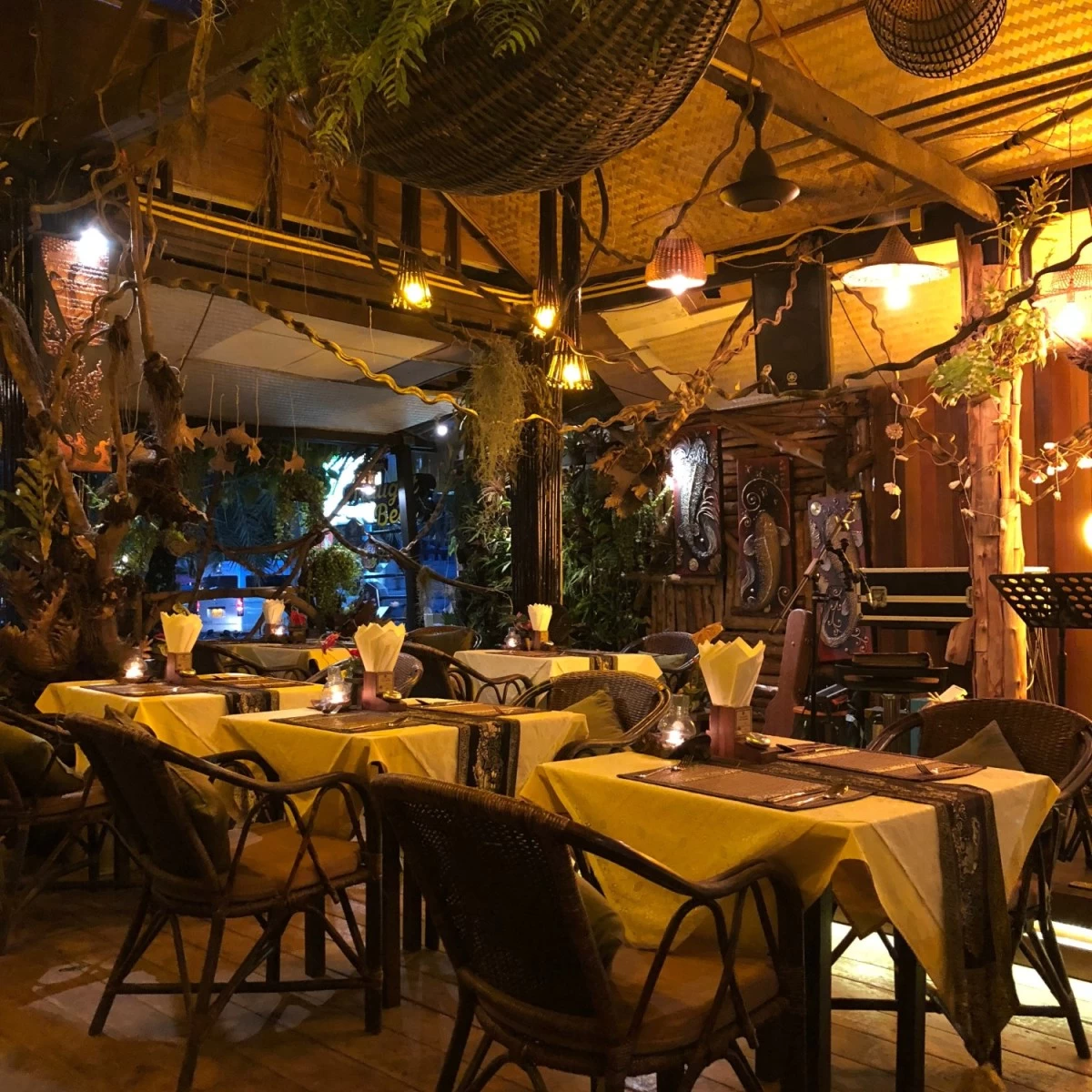
Christchurch has a wide range of eateries that cater to many budgets. Here’s what you can expect to pay per person for a meal and drinks at some of the most popular restaurants in the capital.
- Brunch: Unknown Chapter, C1 Espresso, Niche Coffee + Eatery, Posh Porridge = $25-$34
- Cheap and cheerful restaurants: El Quincho, Fire & Slide Woodfire Pizza, Boo Radley’s Food and Liquor = $18-$32
- Fine dining: Bessie, Otahuna Lodge, Chillingworth Road = $65-$75
The cost of drinking
Christchurch has a vibrant bar and brewery scene. Here’s what you can expect to pay per person for a drink at some of the most popular bars in the city.
- Cocktails and spirits: Evil Genius, Pink Lady, Gin Gin = $13-$18/drink
- Craft beer on tap: Dux Central, Pomeroys, Paddy McNaughton’s, 12 Bar = $11-$15/drink
- Wine bars: The Last Word, Cellar Door, Social Wine Bar = $12-$70/glass
Getting around Christchurch
Christchurch is a very bike-friendly city due to the number of cycleways incorporated into the city's rebuild. Most people have access to a car as the city is very spread out and not every suburb has amenities - like supermarkets and pharmacies within walking distance.
- Metro Cards: The Metro bus runs throughout the city and out to smaller towns like Kaiapoi and Lincoln. Using your Metro card saves 25% of what a cash fare would cost. Pricing ranges from $2.00 for standard fares to $1.00 for concession fares. With a Metro card, under 5's travel for free. You also get free transfers within a 2-hour period.
- Walking and cycling: Christchurch has many new cycle lanes and is a very flat city. An estimated 20,000 people cycle to work or school every week in Christchurch.
Parking in the city
Many suburbs have free on-street parking outside of the main shopping centres. All-day parking is available in central and off-street car parking buildings.
- All-day parking is available in off-street parking buildings. Otherwise, parking is metred for 60 or 120 minutes in the central city.
- Use the SmartView app to get real-time information about parking in Christchurch.
- 1-hour parking starts at $4.50 per hour. See the Christchurch City Council website for further parking pricing in various parts of the city.
The cost of living in Christchurch is just one factor you should consider before moving. Christchurch is an excellent option for people on lower incomes and budgets with a lower cost of living, housing, and transport.
Now that you know more about the cost of living in Christchurch, you can start planning your move. At Wise Move, we can help you search for reputable moving companies in Christchurch and all over NZ. Wise Move has an extensive network of moving companies that can get you from your current home to Christchurch in no time.
Read more New Zealand cost of living guides:
What do our customers say?
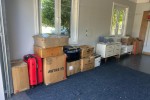


For every (wise)move







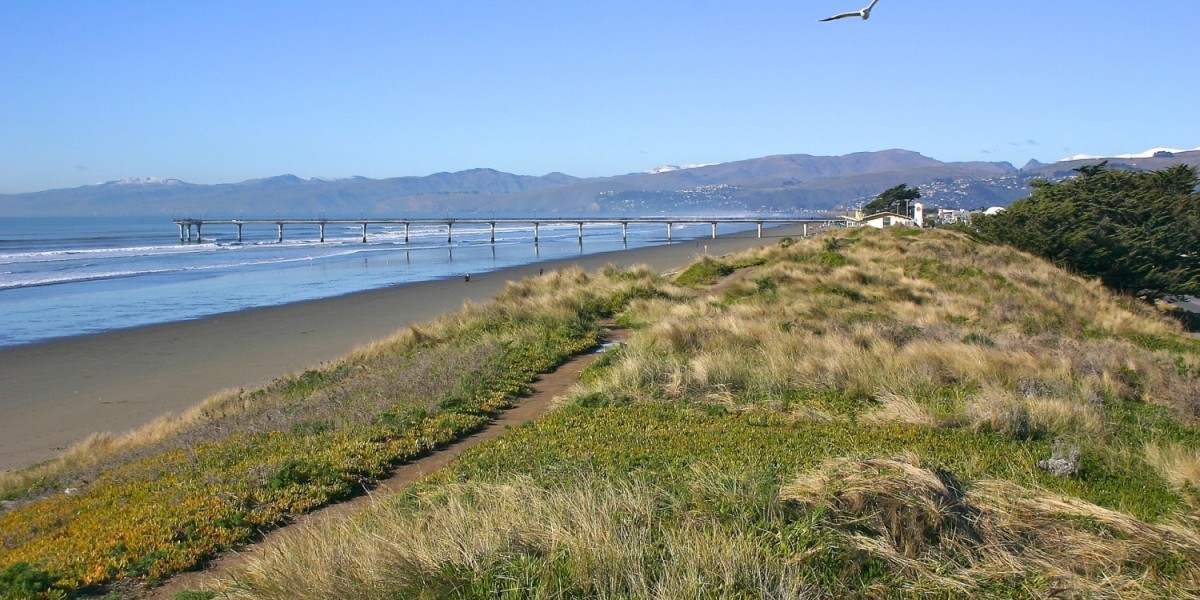
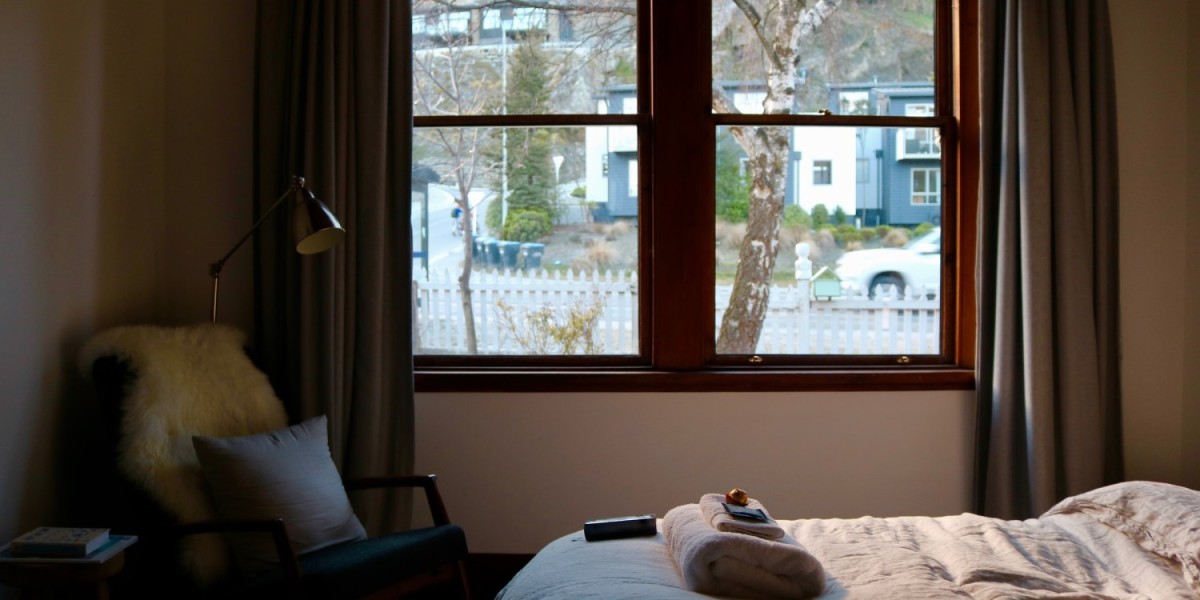

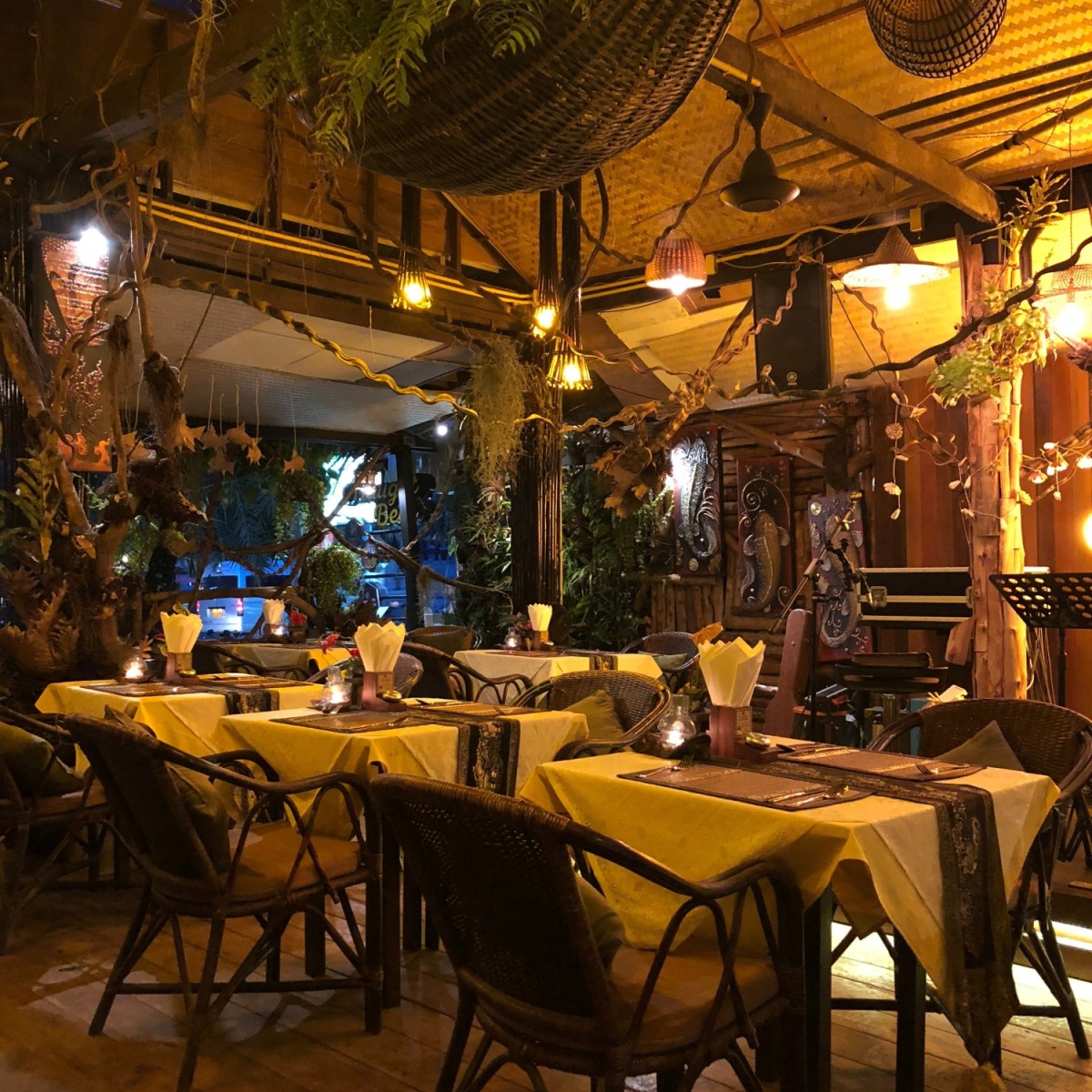



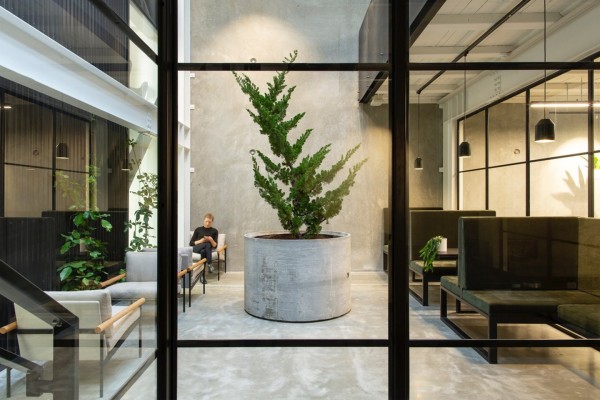




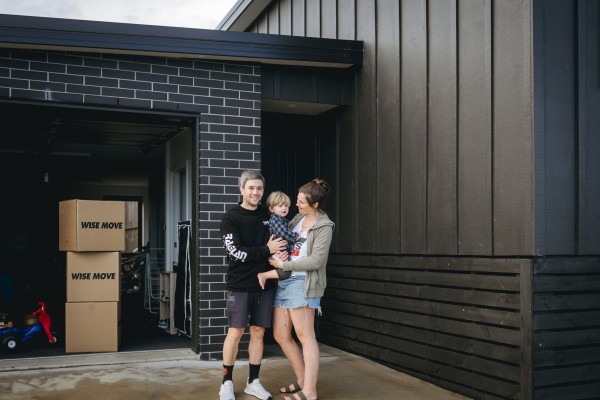
![What does it cost to build a new house in New Zealand? [2025] What does it cost to build a new house in New Zealand? [2025]](https://cdn.wisemove.co.nz/image/blog/ffd5dbdc5eec7e9eb3ad049d6c5c7f4d.jpeg)

![The Cost of Living in New Zealand [2025] The Cost of Living in New Zealand [2025]](https://cdn.wisemove.co.nz/image/blog/d539e4255aa65a048571f0a66070bf6d.jpeg)
![Cost of Living in Wellington [2025] Cost of Living in Wellington [2025]](https://cdn.wisemove.co.nz/image/blog/9fb48a8bb223ca2bbe364be82a08dc73.jpeg)
![Cost of Living in Auckland [2025] Cost of Living in Auckland [2025]](https://cdn.wisemove.co.nz/image/blog/28805ffa60ea06355c891852d714357e.jpeg)
![The Cost of Living in Queenstown [2025] The Cost of Living in Queenstown [2025]](https://cdn.wisemove.co.nz/image/blog/dac6744ceeec301cb10f558054b2c899.jpeg)
